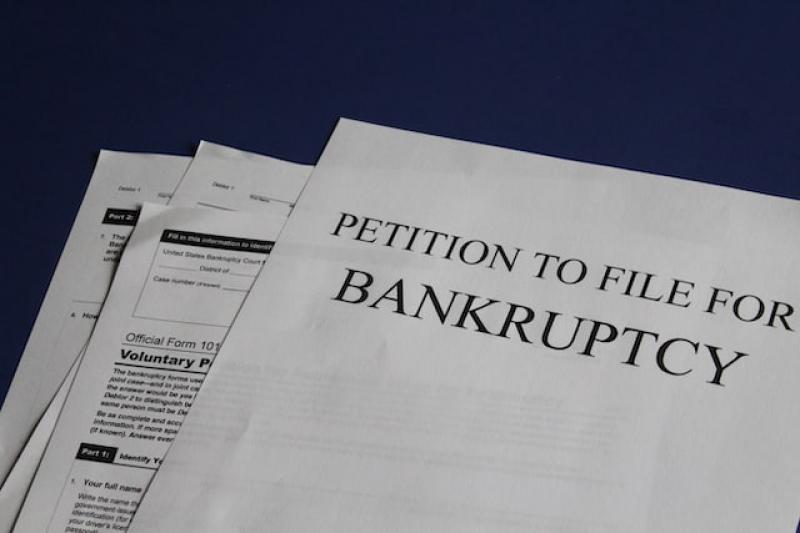How Do I Know I'm Bankrupt?

If you feel like your debt is spiralling out of control or living paycheck to paycheck, it might be time to consider filing for bankruptcy. But before you do that, you'll want to make sure you understand the signs that you might be headed down that path and what to do about it before it's too late. Here are some ways to tell whether your financial situation could lead to bankruptcy soon - which might be your sign to reach out to bankruptcy companies.
You're Already Missing Payments
The problem will likely worsen if you're already missing payments on some of your credit cards or other loans. Some people skip payments on one or two accounts and then find that it's easier to continue than to get back on track. Before long, they are in default, and their credit scores are suffering even further.
You Can't Qualify for Debt Management
You can't apply for bankruptcy if you don't have any unsecured, revolving debt, such as credit cards. That means if you only have one credit card with a $100 balance, you won't be able to file for bankruptcy until that balance is paid in full. Even if you have debt, you should still be able to get into a program before filing for bankruptcy. Debt management plans allow you to pay off your debts over time with a manageable monthly payment that you can afford. With this option, you don't have to go through the lengthy and costly bankruptcy process.
You Have Exhausted Your Home-Equity Option
You might have exhausted your home-equity option if you can't qualify for a debt management plan. This option helps homeowners stay above water when they can't afford to make their monthly mortgage payments. It works by borrowing up to 50 percent of your home's value from a bank or mortgage corporation and receiving an interest-only loan for a set period of time, usually three to five years. That gives you time to get back on solid financial footing, pay back the loan and work toward becoming debt-free.
You're Getting Phone Calls From Debt Collectors
If you're getting phone calls from debt collectors, it's a good indication that you are in danger of running out of money. Some debt collectors will even call many times a day, which can make people panic. If you're struggling financially, this is not the situation you want to be in daily.
You Have Maxed Out Your Credit Cards
If you have maxed out your credit cards, it's probably a sign that you can't afford the payments anymore. You'll need to stop using those cards until you get your financial situation back on track. You should also prioritise paying them off over time rather than just paying the minimum monthly balance. Otherwise, it might not be long before you are in debt again and facing more problems with collection agencies and other creditors.

You Have Turned To High-Cost Loans
If you have turned to high-interest payday loans or other high-cost loans because you didn't qualify for a debt management plan, it's time to consider bankruptcy. If you decide to file for bankruptcy, you won't have to worry about paying back any of these kinds of loans. In addition, your other creditors can help you find affordable payment options that don't hurt your budget as much.
You Can't Recover From a Major Financial Setback
If you haven't spent much time on your finances in the past year or two, it might be a sign that you can't recover from a major financial setback. People in this situation often feel ready for bankruptcy, but that's not always the case. It can be challenging to get back on track when you have a lot of debt, especially when it isn't all paid off.
The most important thing that you can do to avoid bankruptcy is to take action before your situation gets out of hand. It would help if you took the time to learn more about financial literacy and how you can build a solid financial future for yourself. If your debt is out of control, speak with a financial counsellor or an attorney. You might be able to arrange a debt management plan, which can help keep creditors at bay while you get on track financially.
More to Read:
Previous Posts:





